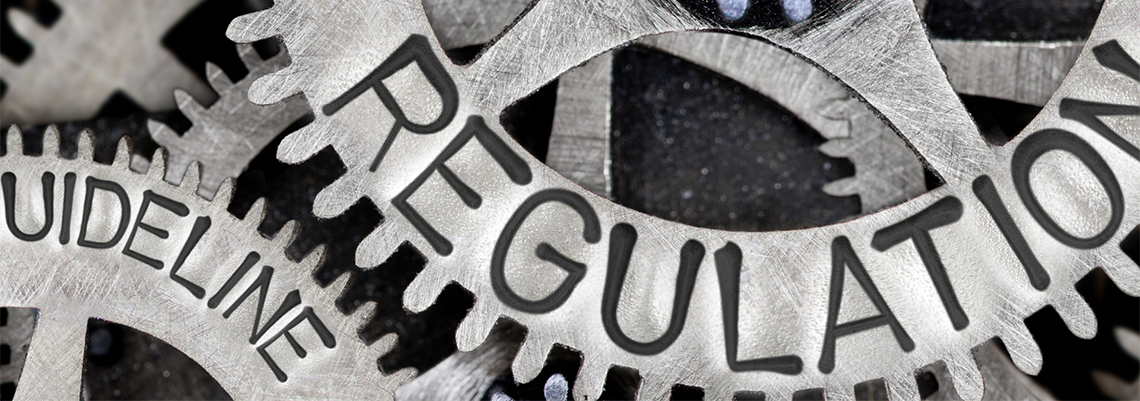
WHAT ARE THE VA’S RULES ON ASSET LIMITATIONS & MAPR CONSIDERATIONS FOR THE AID & ATTENDANCE BENEFIT?
Are there asset limitations? Yes, but this is another misconception.
Many believe they have simply own too much to qualify. Like Medi-Cal planning, there are ways to protect all of a veteran’s assets and still qualifies him for the pension benefit. We will discuss the asset details next, using a basic example.
THE VA REGULATIONS HAVE NO SPECIFIC RULE WHEN IT COMES TO ASSET LIMITATIONS.
Essentially the regulations state that if the veteran has too much, he won’t qualify. What is too much? It is generally understood that the younger you are, the more you get to keep, but under no circumstances can you have more than $80,000 under your name or under your revocable living trust. If you are 65 years old and need assisted living, you will probably be allowed to keep $80,000. On the other hand, if you are 85 years old and need assisted living, you will probably be allowed to keep $8,000.
The VA calls the value you are allowed to keep “net worth”. If your net worth is too high, your application will be denied. Certain assets are exempt and they are not included in the “net worth”. Your primary residence, a car, household items and personal effect are exempt and not included in the net worth.
THE NET WORTH MEANS TEST
To qualify, there is also a net worth means test. Your net worth is the total of your yearly income and the value of the assets you hold. From December 1, 2020, to November 30, 2021, Congress has set this amount as $130,773. The figure is adjusted yearly to match the increase in Social Security Income (SSI) provided by the Social Security Administration (SSA).
Your net worth calculation can be reduced by out-of-pocket medical expenses. Also exempt are your personal residence, a reasonable amount of land on which it sits, personal property, and automobiles for personal use.
The combined income and asset means test often presents a hurdle for otherwise qualifying veterans. There are legal and acceptable ways to reduce income and assets to qualify. We at The Elder & Disability Law Firm, APC, are dedicated to helping you qualify, so don’t give up without consulting with our attorneys first.
WHAT HAPPENS IF YOU HAVE MORE ASSETS THAN WHAT IS ALLOWED?
Like Medi-Cal long-term care benefit, planning can be done to avoid denial of benefit or spend downs. A VA accredited attorney can help you to establish a veterans’ trust to protect your non-exempt assets, such as bank accounts, stocks, bonds and the proceeds from your retirement accounts. Every person’s situation is different, therefore, there isn’t a one-size-fits-all legal plan.
YOUR BENEFITS AND THE MAPR
The dollar total of benefits you are eligible for falls under the VA designation of Maximum Annual Pension Rate (MAPR), or the difference between your income and the payment limits set by Congress. Your MAPR is based on how many dependents you have, if you’re married to another veteran who qualifies for a pension, and if your disabilities qualify you for Housebound or Aid and Attendance benefits.
As of December 1, 2020, the MAPR for a single veteran with no dependents is $13,931 for pension only, $17,024 for Housebound benefits, and $23,238 for Aid and Attendance benefits. For a veteran with one dependent, spouse, or child, the annual sums are $18,243 for pension, $21,337 for Housebound, and $27,549 for Aid and Attendance. For two qualifying veterans married to one another, benefits range from $18,243 to $36,861.
Each additional dependent child qualifies you for another $2,382 in annual benefits.
WHAT SHOULD YOU DO?
Our attorneys can help you set up a plan that is right for your situation. The laws and regulations of VA benefits are filled with ambiguities. This information is not designed as a comprehensive guide to VA benefits. It is, therefore, important that you seek advice from an attorney or a representative accredited by the VA.
